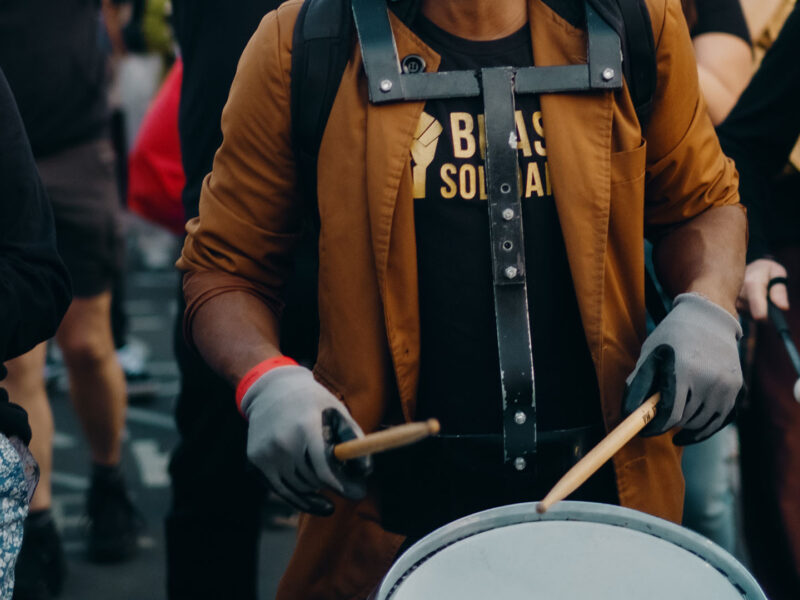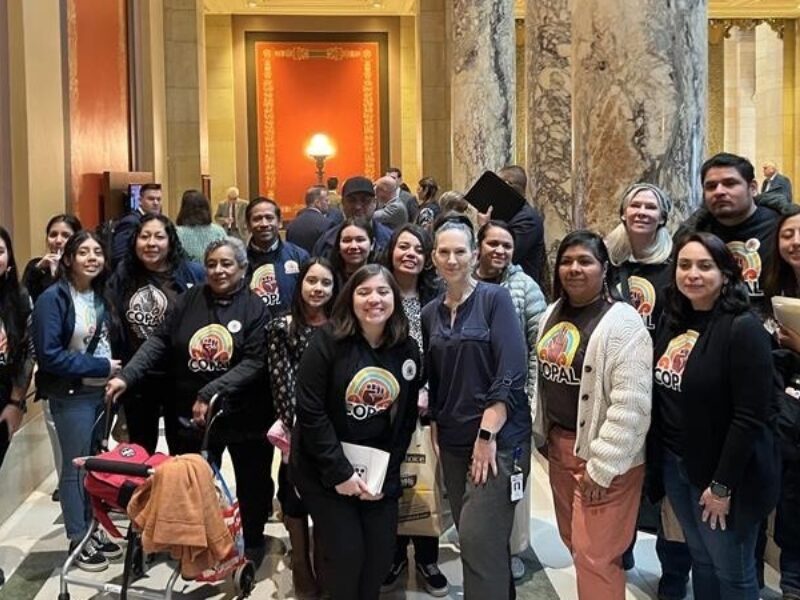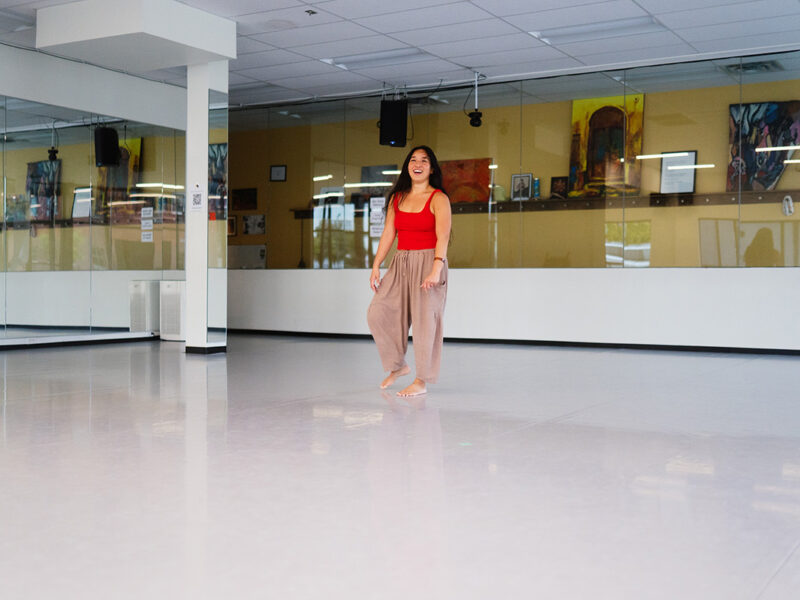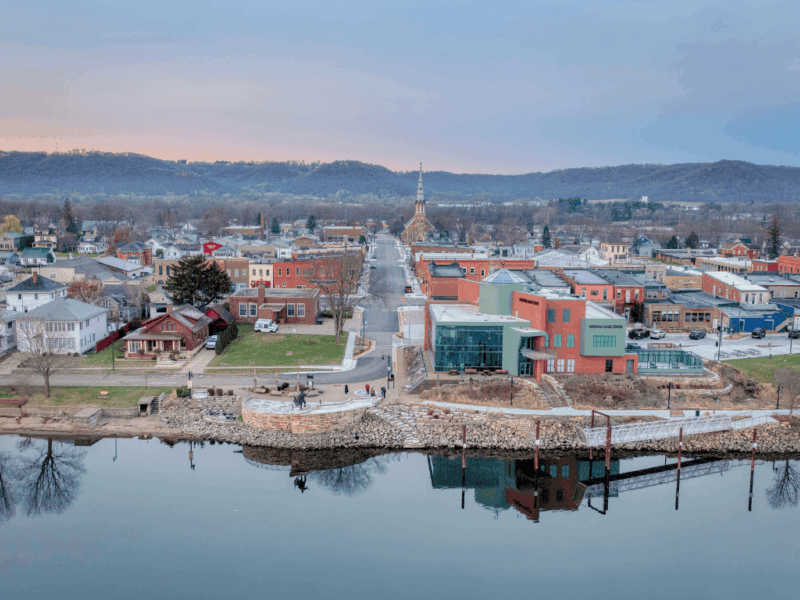Communities are receiving critical support to get through the coronavirus pandemic.
When the Minnesota Disaster Recovery Fund for coronavirus (MDRF) launched in March, donors responded quickly and gave generously.
In total, 85 donors gave $11.5 million to the fund, which was established by the Minnesota Council on Foundations in partnership with the Saint Paul & Minnesota Foundation.
Starting in March, MDRF grants were allocated to other foundations and intermediaries who could redistribute the funds to meet the direct needs of their communities. To date, the MDRF has awarded 67 grants totaling $7.92 million.
Here are four examples of organizations that have used MDRF grants for important community needs.
Council on American Islamic Relations (CAIR) Minnesota
The Council on American Islamic Relations (CAIR) Minnesota, in partnership with Propel Nonprofits as its financial management partner, received $200,000 to support mosques and centers so that they could remain a supportive community resource.
The funding meant 43 mosques received $4,500 each. Many of the funded mosques and centers − located throughout the Twin Cities and Greater Minnesota − support populations hardest hit by coronavirus, including East African immigrants living at or below the poverty line.
The funding enabled the mosques to continue operating despite financial challenges posed by the pandemic, supporting their communities through services like food shelves, mental health care and awareness building and education around coronavirus.
“At least 30,000 people were probably impacted by this grant,” said Jaylani Hussein, executive director of CAIR-MN. “If we had not received this immediate support and boost to the mosques, many of them could have shuttered and it would have created a lot of pressure on lower-income families who rely on the mosques for support and information.
Catholic Community Foundation of Minnesota
The Catholic Community Foundation of Minnesota received $100,000 to support families in Catholic parishes, including immigrants who are not eligible for government support and are disproportionately affected by coronavirus. Parishes’ ability to support the needs of this population on their own was limited by decreased income due to church closures.
As a result of the MDRF funding, individual families received funding of up to $400 to help with medication, rent, food and utilities.
Estela Villagran-Manancero, Director of the Office of Latino Ministry in the Archdiocese of Saint Paul and Minneapolis and former president of the National Catholic Association of Diocesan Directors of Hispanic Ministry, said, “In deploying the grants, we turned around and I don’t think it even took 10 days until the funds were granted out to start helping people right away. … I don’t know what these families and individuals would have done without it.”
Anne Cullen Miller, president of the Catholic Community Foundation of Minnesota, said, “It is support that really has made a difference in the lives of people and community.”
“It is support that really has made a difference in the lives of people and community.”
Anne Cullen Miller, Catholic Community Foundation of Minnesota

White Earth Housing Authority
White Earth Housing Authority received $100,000 to help tenants reduce their debt and get caught up on utility bills. This enabled tenants to keep their power on as they came off the cold-weather rules that prevent utility companies from disconnecting customers from heat sources during the cold-weather months.
The funding, which directly covered utility costs, went to families and individuals of the White Earth Tribal Nation living in 445 low-rent housing units. Tenants who were elders were given $300 as they are often on low, fixed incomes. The remaining grant dollars were split among the other rental units, which each received $213.
Virginia Anderson, assistant housing director for White Earth Housing Authority, said, “I had only requested $32,000 and I was targeting our tribal members that are elders … When we were offered $100,000, which was phenomenal, we were able to provide assistance to all of our tenants.” She added, “Right now, our casino is closed down because of the pandemic and a lot of employees up there went onto unemployment or lost their jobs. We’re all working towards getting everyone back to work, but it’s going to take time.”
Springboard for the Arts
Springboard for the Arts received funds through MDRF in support of its own Coronavirus Emergency Relief Fund for artists, culture bearers and creative workers in Minnesota.
A second MDRF grant is being used towards technical assistance and support for the Rural Recovery Network, a year-long program for over 100 rural arts leaders, organizations, and artists to share resources, skills, and cross-sector collaborations.
As of May 27, Springboard’s relief fund had supported 1,474 people with $715,000.
This Present Moment
For more stories about how people across Minnesota are facing the challenges of 2020 with hope, resilience and generosity, visit This Present Moment.









